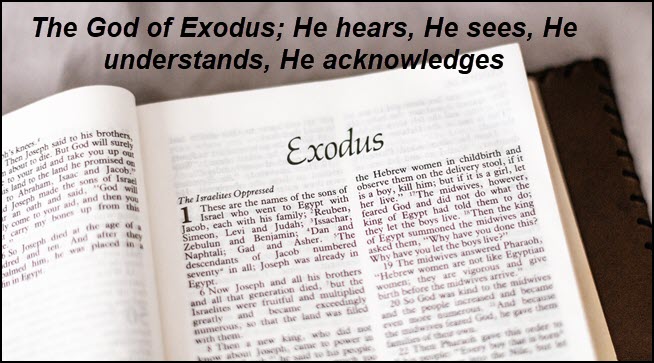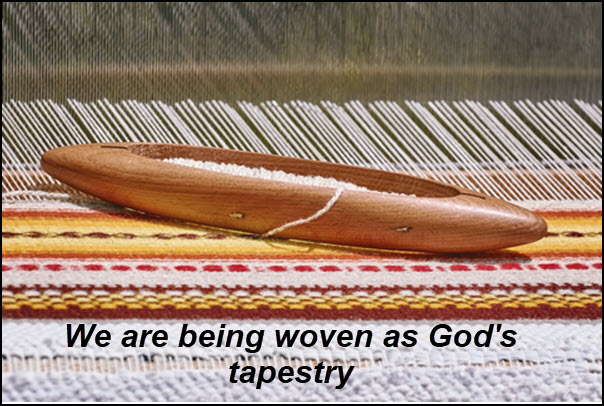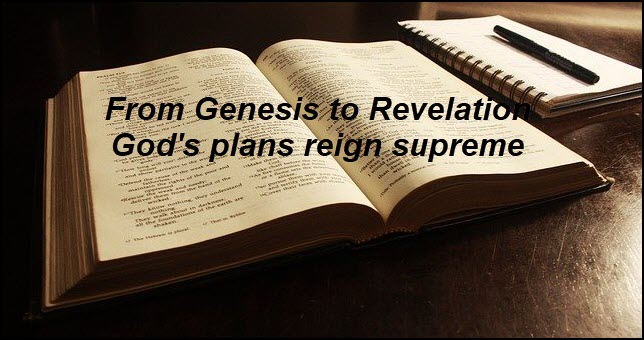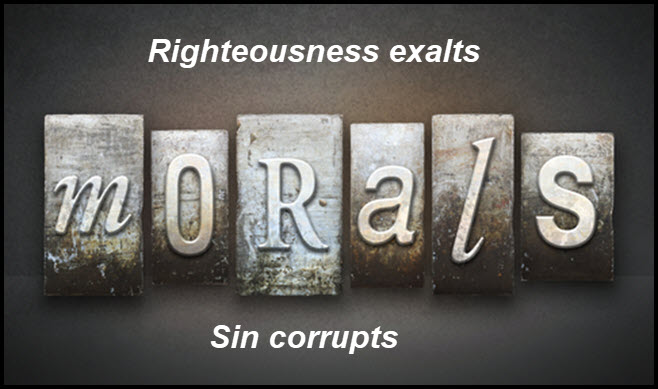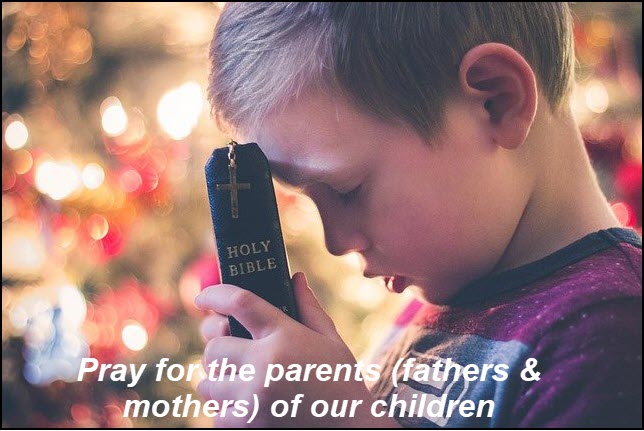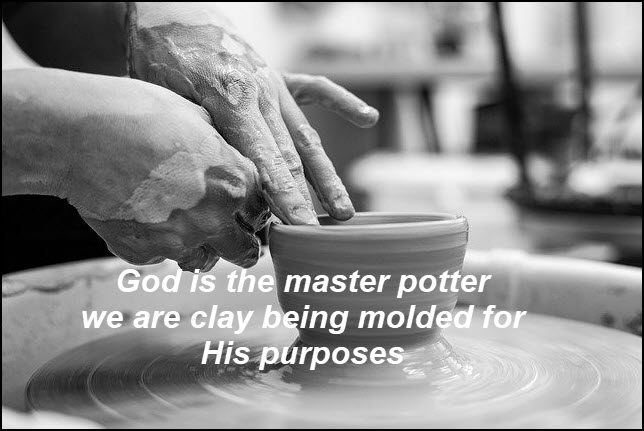“I can’t really means I won’t.”
Exodus 4 to 6 Three times Moses tells God he is a man with uncircumcised lips, much like Isaiah, who said his lips were contaminated. With Isaiah, one of the seraphs placed a lump of hot coal on his lips and cleansed his lips. For Moses, God gave him some pretty powerful signs of a […]


